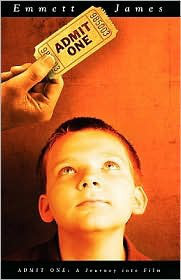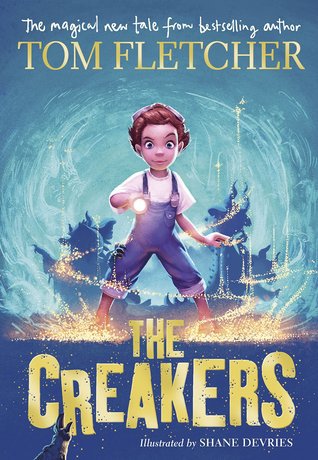
This is Where I Leave You by Jonathan Tropper. Orion. August 2009
★★★★☆
The death of Judd Foxman’s father marks the first time that the entire Foxman family—including Judd’s mother, brothers, and sister—have been together in years. Conspicuously absent: Judd’s wife, Jen, whose fourteen-month affair with Judd’s radio-shock-jock boss has recently become painfully public.
Simultaneously mourning the death of his father and the demise of his marriage, Judd joins the rest of the Foxmans as they reluctantly submit to their patriarch’s dying request: to spend the seven days following the funeral together. In the same house. Like a family.
As the week quickly spins out of control, longstanding grudges resurface, secrets are revealed, and old passions reawakened. For Judd, it’s a weeklong attempt to make sense of the mess his life has become while trying in vain not to get sucked into the regressive battles of his madly dysfunctional family. All of which would be hard enough without the bomb Jen dropped the day Judd’s father died: She’s pregnant.
So, it’s been a while! Sorry, work has been quite an encompassing thing this year, strangely enough. Anyway, I read this one a while back, but I want to review it now since I have been thinking about it a little more recently.
I watched the tail-end of the film adaptation of this novel with my mother a few months before I picked up the book, which means my visualization of the characters was greatly influenced by the actors’ faces. Don’t you just hate it when that happens? I often wonder who I would have seen in my mind had I not seen a film, but what can you do?
I give this book four stars, mainly because I found the writing very engaging despite how utterly distasteful I found the main character. It was just incredibly difficult for me to empathize with this very childish man who seemed to be very inclined to blame others for his marriage falling apart and relying on the whole “what happened” motif. Even so, Tropper does a wonderful job of really detailing the grittiness of this man’s character and inner thoughts, and while I was definitely not here for him at all as a person, it was quite fascinating in a way. Especially how he did not shy away from the ugliness of mourning, and how very ugly we can get as people when we are upset. I think it’s important to remember that, that we’re all a little ugly inside sometimes–but that doesn’t mean we’re always that way.
It was nice to read about this family sitting shiva together, and relatable to see a family that wasn’t very religious or into regular practice to come together and face these rituals and traditions that we have. I know that often we get representation through Jewish characters who aren’t very involved in the culture or religion, a slight mention of a holiday observance in a book, or a tradition brushed off–so reading about this family embracing this tradition as best as they could, something that I haven’t seen much of in the books I’ve read or media I’ve watched, was really refreshing.
It wasn’t an easy book to read, not because the mourning was very upsetting–mainly just because I found Judd to be so awful, but it’s been a while since I read it and mainly what I came away from it with was it wasn’t unenjoyable. I wouldn’t say I enjoyed it, but I found the writing to be rather well done, and while the characters weren’t people I’d really like to know, they made for a good story to read. So I give this novel two salts because well, I really did not like Judd.
I’d recommend this book for you if you enjoy reading about more of the nitty-gritty of people’s lives. Otherwise, it’s a rather slow-paced book, and given what a jerk Judd is throughout, not really many people’s cup of tea.
Diversity
★★★★☆
I don’t want to spoil it for you, but you do get some LGBT representation in the book that comes as a surprise to the narrator, so I’ll let it be a surprise to you as well should you wish to read this one. Given how it is an intimate story about a Jewish family, I think it does a good job of showing representation with this kind of narrow focus.
Advertisements Share this:





